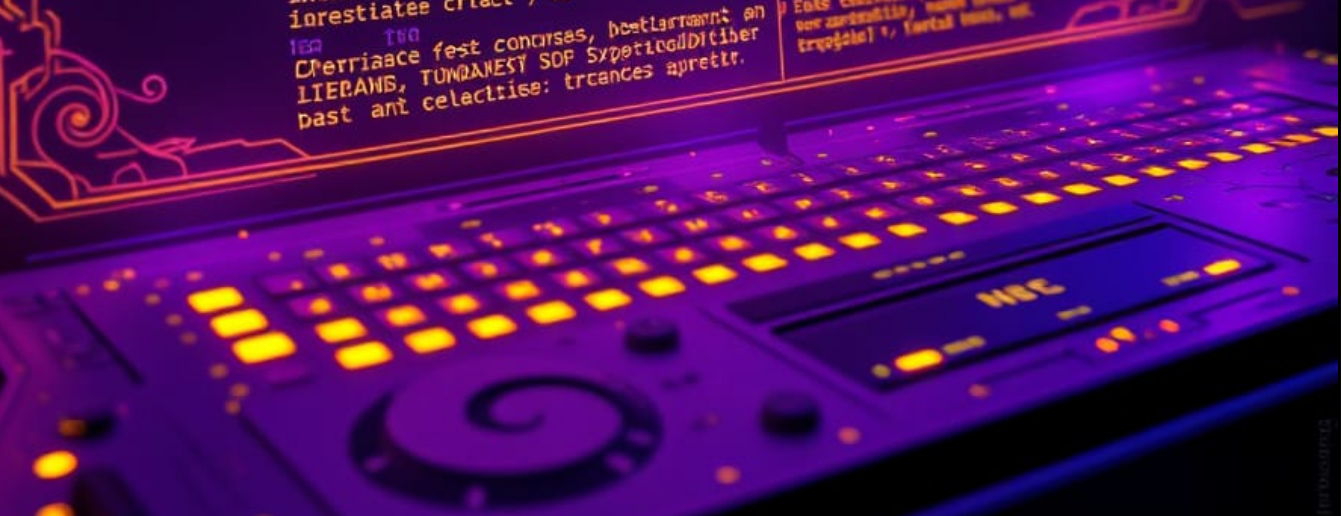The history of gun control in the U.S. is deeply tied to racism, with many laws originating from the desire to disarm and control Black Americans and other minority groups.
This historical trend has evolved, but it continues to influence modern gun laws, including through racially biased enforcement.
Colonial era and slavery
- Slave Codes: Long before the American Revolution, Southern colonies passed laws to prevent slave uprisings by restricting African Americans’ ability to own firearms. Virginia passed a law in 1664 that barred free Black people from owning guns, while South Carolina’s 1712 “Act for the Better Ordering of Negroes and Slaves” included similar provisions.
- Slave patrols: White citizens were organized into armed slave patrols to enforce these laws, monitor and terrorize Black communities, and capture runaway slaves. These armed groups are considered the precursors of modern police forces in some historical analyses.
- Preventing rebellion: The motivations for these restrictions were explicit and focused on maintaining control over enslaved and free Black people. Legislators feared armed rebellions and the possibility that free Black men might incite revolts.
Post-Civil War era and Reconstruction
- Black Codes: Following the Civil War, Southern states enacted Black Codes to restrict the freedom of newly emancipated Black people and re-establish white supremacy. A common provision of these codes prohibited Black people from possessing firearms.
- Ku Klux Klan: White supremacist groups like the Ku Klux Klan frequently terrorized Black communities by seizing their guns to enforce these discriminatory laws and leave them defenseless.
- Civil Rights Act of 1866: This act was passed to counteract the Black Codes, affirming the right of African Americans to own firearms, among other rights.
- Supreme Court setbacks: Federal efforts to protect these rights were undermined by the Supreme Court. In the 1876 case United States v. Cruikshank, the Court ruled that the Second Amendment did not apply to state governments, allowing states to continue restricting Black gun ownership. The 1857 Dred Scott decision had also declared that Black people could not be citizens and thus had no right to bear arms.
- “Saturday Night Specials”: As Black people and poor whites gained the legal right to bear arms, many Southern states passed laws targeting inexpensive handguns, often called “Saturday Night Specials”. These laws disproportionately affected the poor, including many Black citizens, who could not afford more expensive firearms.
The Civil Rights Movement and modern laws
- Black Panther Party: The Black Panther Party, founded in 1966, openly carried loaded firearms to protest police brutality in Oakland, California. Their “copwatching” patrols were meant to protect Black residents and assert their Second Amendment rights.
- The Mulford Act (1967): In direct response to the Black Panther Party’s armed patrols, California passed this law, which repealed the right to openly carry loaded firearms. Then-governor Ronald Reagan signed the bill, and it was also supported by the National Rifle Association (NRA).
- Gun Control Act of 1968: While aimed at curbing urban violence, the legislation’s racial motivations have been noted by some historians. The act expanded restrictions on gun ownership, including barring convicted felons, a measure that would later disproportionately affect communities of color due to biased enforcement.
Racially biased enforcement
Even when modern gun laws appear race-neutral, their enforcement has been and remains racially biased.
- Discriminatory application: Local and state authorities have used licensing regimes and other discretionary rules to limit gun access for Black Americans.
- Mass incarceration: The criminalization of gun ownership, particularly for non-violent offenses, has contributed to the disproportionate incarceration of poor and Black Americans.
- Historical context: Some modern gun laws, such as those that disarm people with felony convictions, have been constitutionally justified by citing historical laws that disarmed “unvirtuous” people, a group that originally included Black people and other minorities.
